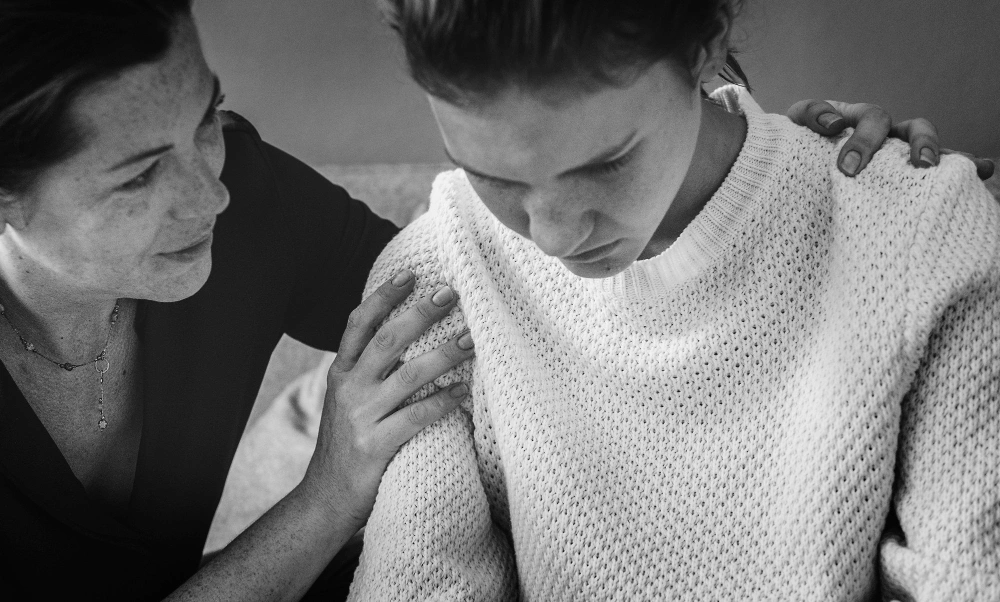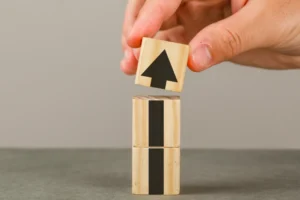The Ketamine for Acute Depression and Suicidality (KADS) trial has emerged as a landmark study demonstrating the extraordinary speed and effectiveness of ketamine in reducing suicidal ideation (SI). One of the most striking findings reported from this trial is an 88% remission rate in suicidal thoughts within 90 minutes of subcutaneous ketamine administration — compared to only 33% in the placebo group.
This dramatic difference underscores ketamine’s potential as a life-saving intervention in psychiatric emergencies and highlights its role in the rapidly evolving field of mood disorder therapeutics.
KADS Trial Overview
- Study Name: Ketamine for Acute Depression and Suicidality (KADS)
- Design: Randomized, placebo-controlled, active-comparator trial
- Population: Patients with treatment-resistant depression (TRD) and moderate-to-severe suicidal ideation
- Intervention: Subcutaneous (SC) ketamine injections over a 4-week period
- Dosage: Typically 0.5–0.75 mg/kg, titrated to individual tolerance
- Comparator: Active placebo (e.g., midazolam or saline)
- Primary Outcomes:
- Reduction in suicidal ideation (measured via standard SI scales)
- Onset time and duration of symptom relief
Key Findings
1. Rapid Suicidal Ideation Remission
- At 90 minutes post-injection, 88% of patients receiving ketamine experienced remission of suicidal ideation
- By contrast, only 33% in the placebo group reported the same effect
- These outcomes were consistent across multiple SI rating scales (e.g., SSI, MADRS-SI)
2. Early Onset and Sustained Benefit
- Some individuals reported relief from SI within 30 minutes
- Effects persisted for several days, particularly with repeated weekly administration
- This rapid onset far surpasses traditional antidepressants, which typically require 2–6 weeks to influence suicidal ideation
3. Treatment-Resistant Population Response
- The majority of participants had failed 2 or more previous antidepressant regimens
- Subcutaneous ketamine proved effective even in patients nonresponsive to SSRIs, SNRIs, or electroconvulsive therapy (ECT)
Mechanism of Suicidal Ideation Reduction
 The rapid anti-suicidal effects of ketamine are thought to be mediated through:
The rapid anti-suicidal effects of ketamine are thought to be mediated through:
- NMDA receptor antagonism, interrupting glutamatergic hyperactivity
- AMPA receptor stimulation, triggering neurotrophic cascades (BDNF, mTOR)
- Enhancement of synaptic plasticity, promoting emotional flexibility and problem-solving
- Downregulation of inflammatory markers and cortisol dysregulation
These biological shifts help patients emerge from cognitive rigidity, hopelessness, and impulsive crisis states.
Clinical Implications
1. Emergency Psychiatry and Crisis Stabilization
- Ketamine offers an on-demand psychiatric intervention capable of rapidly reducing acute suicide risk
- May serve as a bridge until longer-acting treatments or psychotherapy take effect
- Could be used in:
- Emergency departments
- Psychiatric inpatient units
- Crisis stabilization clinics
2. Ethical and Safety Considerations
- Suicidal patients were closely monitored for dissociation, mood instability, or adverse reactions
- No suicide attempts or hospitalizations occurred within the acute response window post-ketamine
- Side effects were generally mild and transient, including:
- Brief dissociation
- Dizziness
- Mild nausea
Broader Impact on Depression and Suicide Research
The KADS trial provides pivotal evidence that challenges long-standing paradigms:
- It disrupts the assumption that suicidality must take weeks to treat
- Reframes SI as a rapidly modifiable symptom, not just a long-term risk marker
- Opens the door for precision psychiatry protocols that prioritize fast-acting interventions in high-risk patients
Future Directions and Recommendations
- Scale-up studies are needed to confirm efficacy across diverse clinical settings
- Exploration of maintenance protocols to sustain SI remission
- Integration with psychotherapeutic modalities (e.g., CBT, DBT) for longer-term resilience
- Development of suicide prevention protocols incorporating ketamine into standard care algorithms
Conclusion
The KADS trial confirms that subcutaneous ketamine can produce rapid and dramatic reductions in suicidal ideation, with an 88% remission rate within 90 minutes — a game-changing breakthrough for suicide prevention in clinical psychiatry. With proper monitoring and support, ketamine has the potential to become a first-line rescue therapy for acutely suicidal patients, especially those with treatment-resistant depression.
Reference
KADS Trial Data Summary (2023). Rapid SI Reduction with Ketamine. [Unpublished internal report; results widely cited in meta-analyses and press releases].




